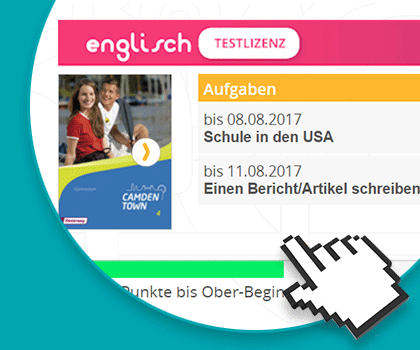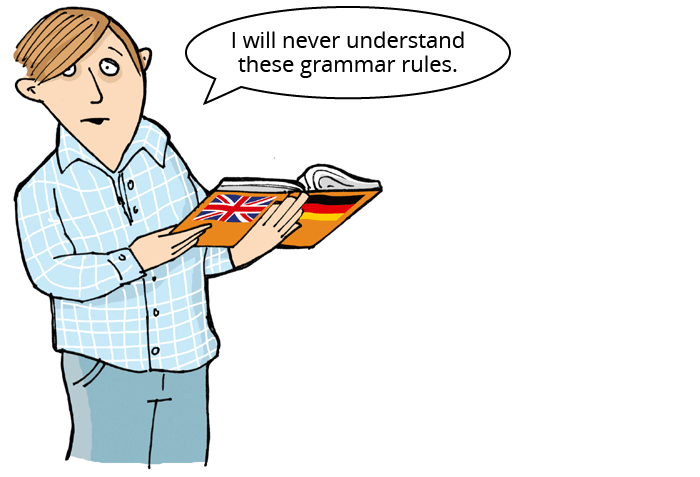Konjunktionen in Haupt- und Nebensätzen
Konjunktionen (conjunctions)
Was sind eigentlich Konjunktionen?

Mit Konjunktionen (conjunctions) kannst du zwei Sätze verbinden:
The party was on Saturday. I forgot to go there.
The party was on Saturday, but I forgot to go there.
They didn’t text me. I was the only person who wasn’t there.
They didn’t text me, so I was the only person who wasn’t there.
Die Konjunktionen and, but, so und or

Mit Konjunktionen wie and, but, so oder or verbindest du Hauptsätze:
I haven’t eaten since lunch and Greg is very hungry, too.
Do you want to go out for diner, or do you want to cook something at home?
There are some eggs in the refrigerator but we don’t have any milk.
Mit Konjunktionen kannst du einen Text interessanter gestalten. Mit Konjunktionen wird deutlich, in welcher Beziehung einzelne Handlungen zueinander stehen.
Die Konjunktionen if, before, because, although, while

If we are hungry, we can eat pizza.
Mit einigen Konjunktionen kannst du auch Haupt- und Nebensätze verbinden, zum Beispiel mit
before, because, while, although, if, when, as, since oder therefore.
Beispiele:
- Wash your hands before you eat. (bevor)
- Robin didn’t see the his friend, because he was looking at the girl. (weil)
I didn’t take my umbrella with me although it was raining. (obwohl, obgleich)
- Henry’s cat was thirsty therefore I gave it something to drink. (deshalb, daher)
while: Verwechsle die Konjunktion while nicht mit dem deutschen Wort „weil“:
Mit while verknüpfst du im Englischen zwei zeitgleiche Handlungen:
Robin didn’t see the glass on the road while he was racing along Hill Street. (während)

Noch nicht kapiert?
kapiert.dekann mehr:
- interaktive Übungen
und Tests - individueller Klassenarbeitstrainer
- Lernmanager
kapiert.de passt zu deinem Schulbuch!
Buchreihen Englisch mein Schulbuch suchen



